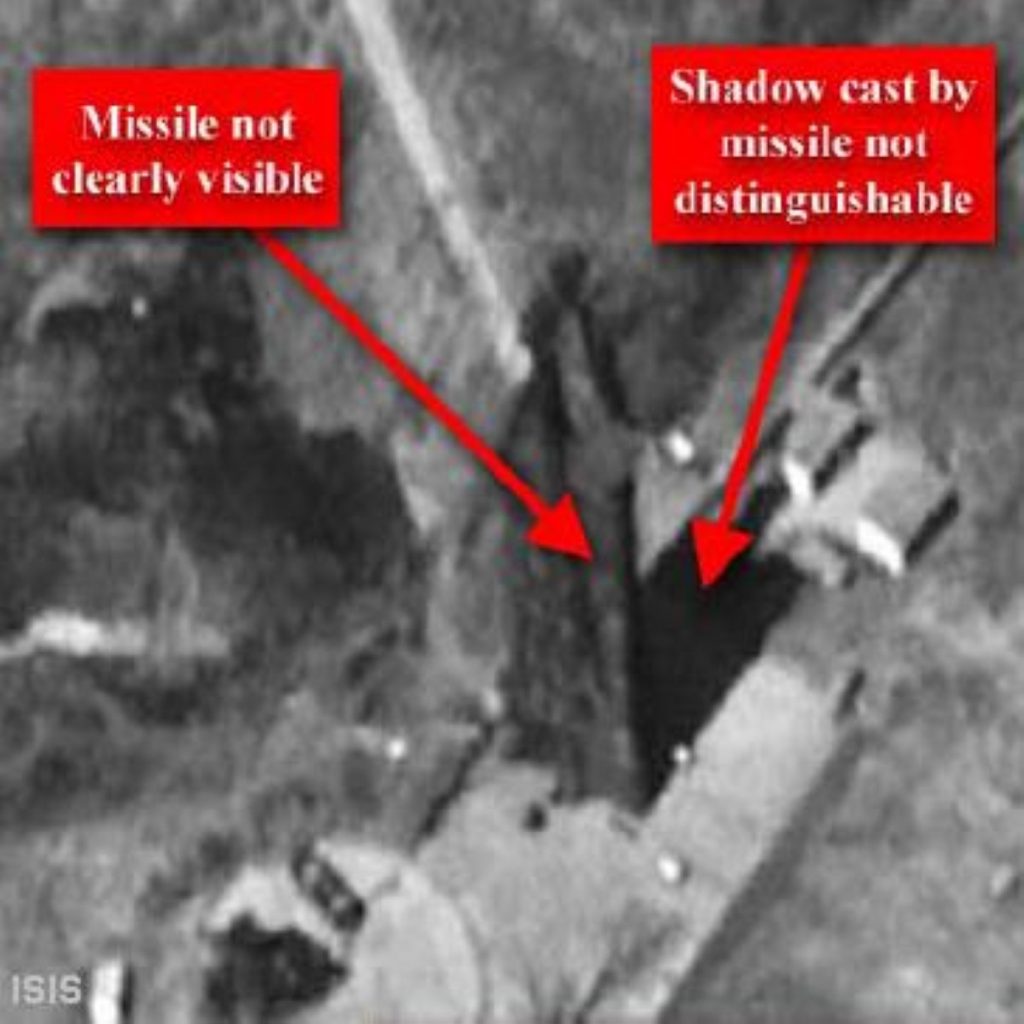North Korean ambassador summoned after failed rocket launch
Britain is lending its weight to international condemnation of North Korea after Pyongyang defied the world by conducting a ballistic missile test.
Japan and South Korea had said they would shoot down the rocket, which was expected to fly south between Japan and the Philippines. But it disintegrated within two minutes of blast-off.
"Initial indications are that the first stage of the missile fell into the sea 165km west of Seoul, South Korea," the North American Aerospace Defense Command said, in a statement acknowledging it had tracked the southerly launch of a Taepo Dong-2 missile over the Yellow Sea.
"The remaining stages were assessed to have failed and no debris fell on land. At no time were the missile or the resultant debris a threat."


Analysts say North Korea faces all the negative consequences of its missile launch without any of the positives.
The UN security council will meet later to discuss North Korea's latest move, which breaks an international ban on the testing of technology for long-range ballistic missiles.
"Our satellite is not a missile, and it is only for peaceful purposes," a statement from Pyongyang insisted.
But G8 foreign ministers issued their own statement condemned the violating of three UN security council resolutions. North Korea had promised to suspend its tests in exchange for food aid.
"Sharing the view that the launch undermines regional peace and stability, we call on the Democratic People's Republic of Korea (DPRK) to abstain from further launches using ballistic missile technology or other actions which aggravate the situation on the Korean peninsula," the G8 ministers said.
"We are ready to consider, with others, taking measures responding to all activities of the DPRK that violate UN security council resolutions, and calling for appropriate response by the United Nations security council."
Later today permanent under-secretary Simon Fraser will summon North Korea's ambassador to Britain to the Foreign Office.
He will "make clear that the DPRK can expect a strong response from the international community if it continues to develop its missile and nuclear capabilities", foreign secretary William Hague said.
He added: "I strongly urge the DPRK to suspend all missile and nuclear-related activity and to commit to re- engaging with the international community."
New leader Kim Jong-un, who succeeded to the country's leadership after the death of his father Kim Jong-il, appears to have continued its confrontational approach to foreign affairs.
G8 ministers urged it to abandon its nuclear weapons "in a complete, verifiable and irreversible manner" as part of moves to "take concrete and irreversible steps towards denuclearisation".

